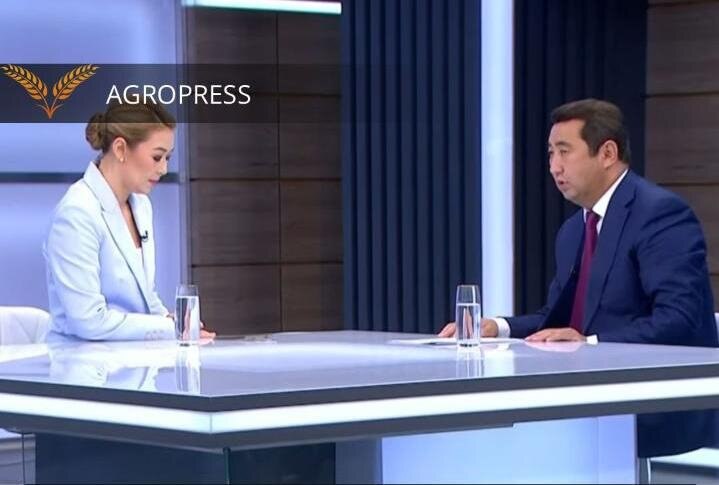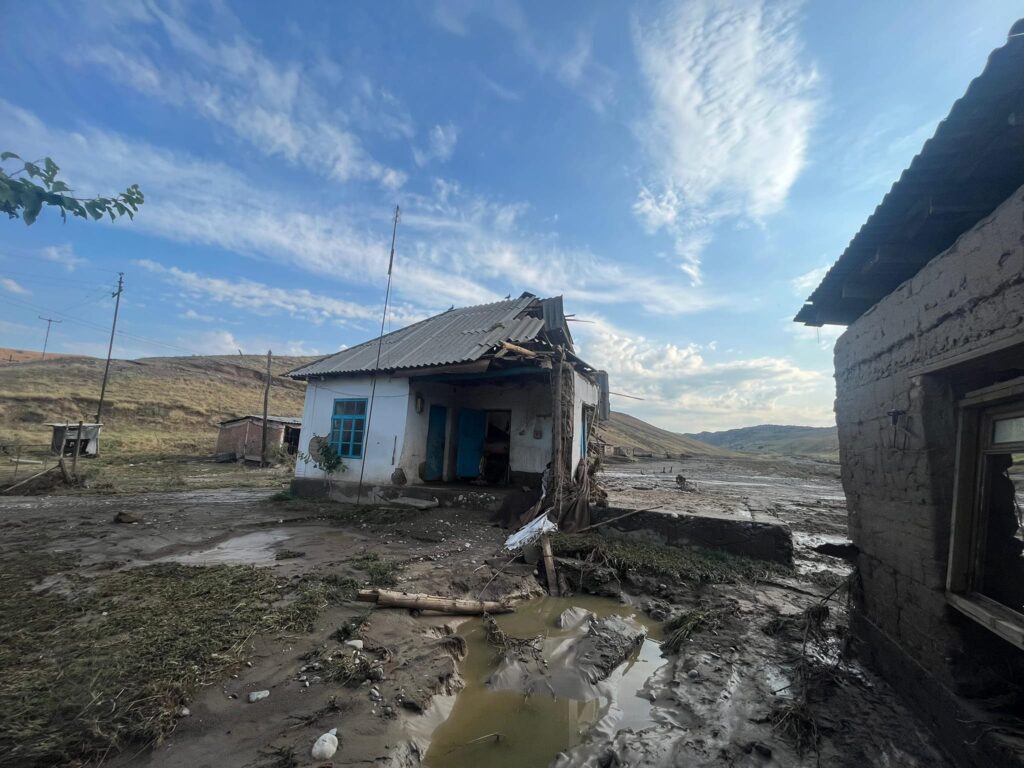BISHKEK (TCA) — The Board of the Green Climate Fund (GCF) has approved funding to support a climate resilient project in Kyrgyzstan. The United Nations’ Food and Agriculture Organization (FAO) has been supporting the formulation of the project that will build resilience and mitigate the effects of climate change in the country, FAO reported on its website.
Kyrgyzstan will benefit from a $30 million grant from the fund which will be supplemented by another $20 million for a project to reverse forest and rangeland degradation. It is designed to increase forest coverage and rangeland productivity, and support the resilience of more than 430,000 people.
Kyrgyzstan is a landlocked country with many high mountains, glaciers, and lakes. More than 40 percent of agricultural land is seriously degraded and over 85 percent of the country’s total land area has been affected by erosion due to poor pasture management and forestry practices.
The project aims to increase carbon sequestration through forest and pasture rehabilitation, supported by institutional reforms and green growth investments with backing from the private sector.
“The combination of a mountainous topology and rather dry climate limits the abundance of natural resources in Kyrgyzstan, further pressured by the negative effects of climate change,” said Dinara Rakhmanova, Assistant FAO Representative in Kyrgyzstan. “Now we aim to provide incentives for communities to preserve and expand forested areas, improve rangelands and diversify their production in order to increase climate resilience.”
To ensure sustainability of the natural resources improvements and related carbon sequestration, the project will also aim to reduce the dependence of rural communities on pastures and forest resources and improve their livelihoods by helping people diversify their income.









